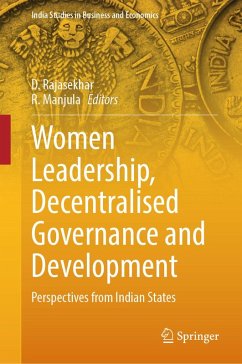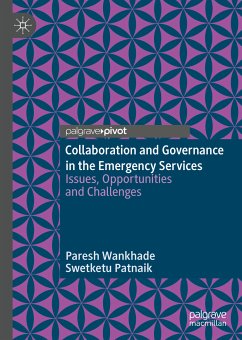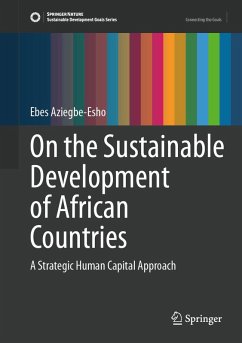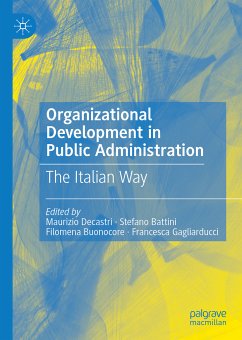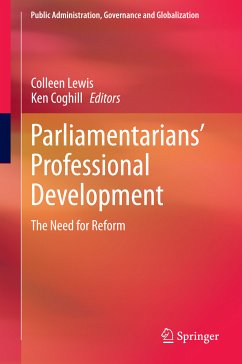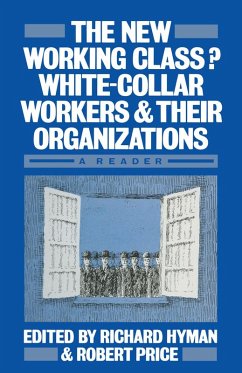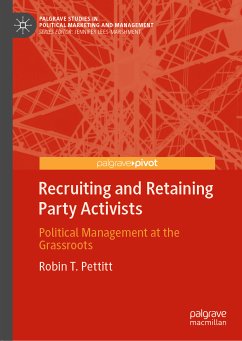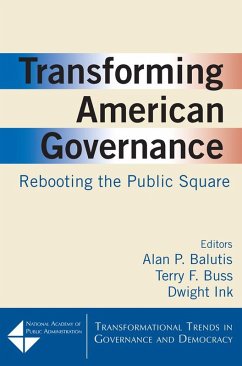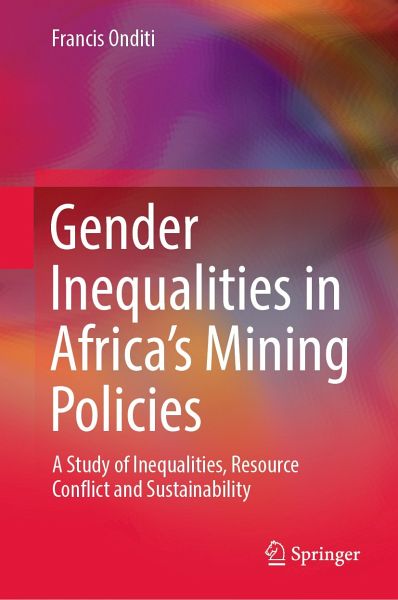
Gender Inequalities in Africa's Mining Policies (eBook, PDF)
A Study of Inequalities, Resource Conflict and Sustainability
Versandkostenfrei!
Sofort per Download lieferbar
88,95 €
inkl. MwSt.
Weitere Ausgaben:

PAYBACK Punkte
44 °P sammeln!
This book develops a discursive 'equalitarian' theoretical framework for studying African mining ecosystem issues and policy interventions. The theory of 'equalitarianism' is developed as an alternative to the reductionist approach that has dominated post-colonial debates about the classical jus ad bellum requirements to empower women in development spaces. However, the classical approach narrows the debate down to "women issues," rather than the 'whole-of-society.' As a consequence of this reductionism, women continue to be devalued in the mining sector, characterized by poverty traps, power ...
This book develops a discursive 'equalitarian' theoretical framework for studying African mining ecosystem issues and policy interventions. The theory of 'equalitarianism' is developed as an alternative to the reductionist approach that has dominated post-colonial debates about the classical jus ad bellum requirements to empower women in development spaces. However, the classical approach narrows the debate down to "women issues," rather than the 'whole-of-society.' As a consequence of this reductionism, women continue to be devalued in the mining sector, characterized by poverty traps, power struggles, and a lack of capacity to engage in large-scale mining (LSM) activities. This book advances principles for a holistic approach, and spells out the implications for women across the mining value chain. Drawing on moral scholarship, the book poses that for women to gain access to strategic spaces in the mining sector, the drive for empowerment must be embedded within 'whole-of-society' principles. This book is of interest to scholars researching gender policy, public policy, political philosophy, conflictology, and human geography. It also offers practitioners a guide for evaluating their policy work on mainstreaming gender in the mining sector, presenting options for financing, forging partnership and planning for an inclusive economic development in Africa, and beyond.
Dieser Download kann aus rechtlichen Gründen nur mit Rechnungsadresse in A, B, BG, CY, CZ, D, DK, EW, E, FIN, F, GR, HR, H, IRL, I, LT, L, LR, M, NL, PL, P, R, S, SLO, SK ausgeliefert werden.



